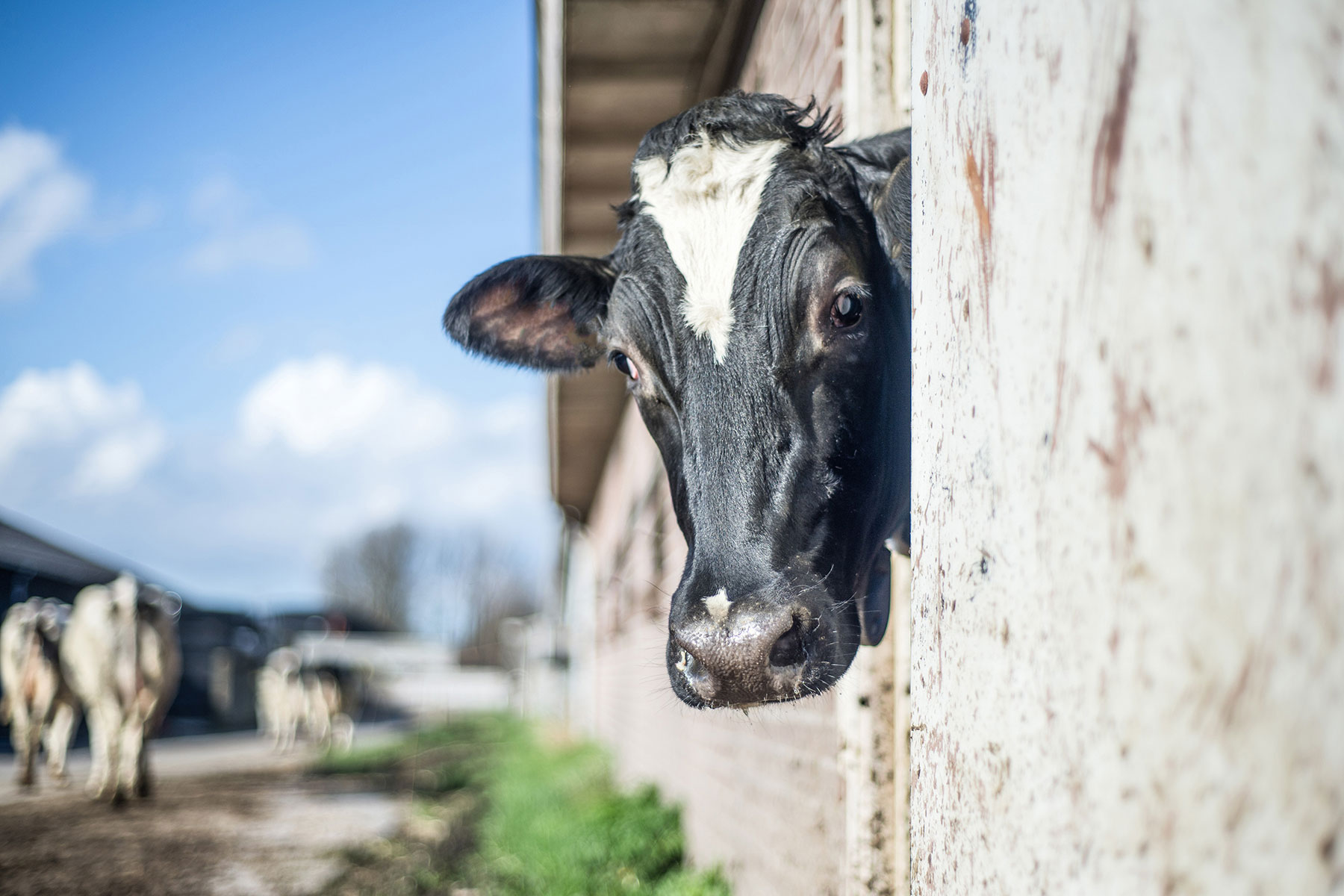
Wisconsin’s dairies and other businesses could gain access to additional, needed workers if Congress passes the Dream Act and allows immigrant youth to stay in the country and improve their job skills.
Wisconsin’s farms, particularly dairy farms, depend heavily on immigrant labor to function. Offering young immigrants a secure future would allow those workers to advance their education and develop the skills that employers – such as dairy farms – are looking for. Half of all workers on dairy farms are immigrants, according to a report by the National Milk Producers Federation. According to the report:
- A complete loss of immigrant labor would be expected to cause 1 in 8 dairy farms to go under, decrease milk production by 23%, and increase retail milk prices by 90%. A loss of half of immigrant labor would be expected to cause 1 in 16 dairy farms to fail, decrease milk production by 12%, and increase milk prices by 45%.
- Employee turnover on dairy farms – like the turnover that occurs when immigrant workers are deported – has a negative effect on milk production and herd health and increases calf loss and cow deaths.
- While the report did not distinguish between documented and undocumented workers, 71% of the dairy farmers who responded to the survey had low or medium confidence in the documents of their immigrant employees; and
- 79% of dairy farmers responding were concerned about actions by Immigrants and Customs Enforcement or Customs and Border Protection.
According to a new report from the Wisconsin Budget Project, passing the Dream Act and establishing a pathway to citizenship for immigrant youth would help Wisconsin farms and communities by:
- Expanding Wisconsin’s economy by up to $600 million a year by improving the access that immigrants have to educational and economic opportunity;
- Increasing state and local tax revenues by $4 million a year over current levels. In contrast, Wisconsin tax revenues would decrease by an estimated $16 million a year compared to current levels if all youth eligible for the Dream Act were instead deported; and
- Giving 10,000 immigrant youth a chance to more fully contribute to Wisconsin’s economy.
Wisconsin’s population is getting older and more concentrated in urban areas of the state, making it harder for employers in rural areas to find workers. Supporting Wisconsin’s immigrant workers through policies like the Dream Act can benefit both immigrants, businesses, and communities. A report from COWS highlights the payoffs to supporting immigrant workers:
“We have a chance, as a state, to begin considering education, training, and labor market policies that can support immigrant workers in making a steady transition toward greater financial stability. Such policies will help create opportunity in our economy while building the skills that employers need. Such policies can help build a floor under labor standards to ensure that the state’s best employers are not undercut by unscrupulous actors willing to undermine labor standards by subjecting immigrants to illegal conditions or outright wage theft. Such policies help build a stronger Wisconsin for all of us.”
Tamarine Cornelius
Originally published on wisconsinbudgetproject.org
Help support the Wisconsin Budget Project with a donation. The organization is engaged in analysis and education on state budget and tax issues, particularly those relating to low-income families. It seeks to broaden the debate on budget and tax policy through public education and by encouraging civic engagement on these issues.

















